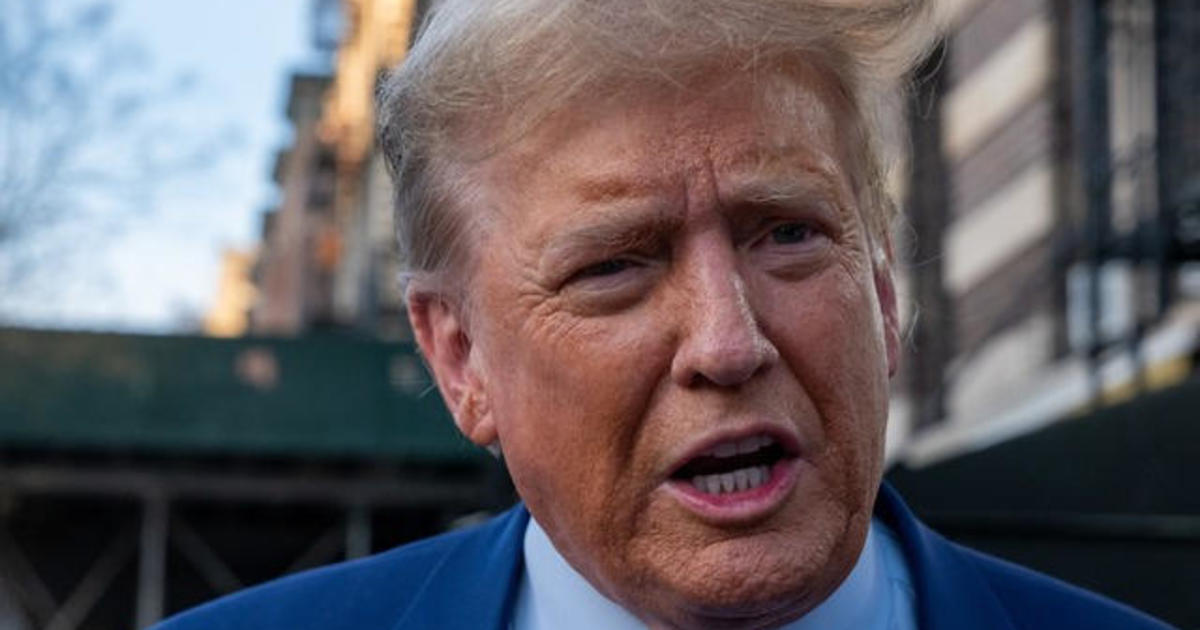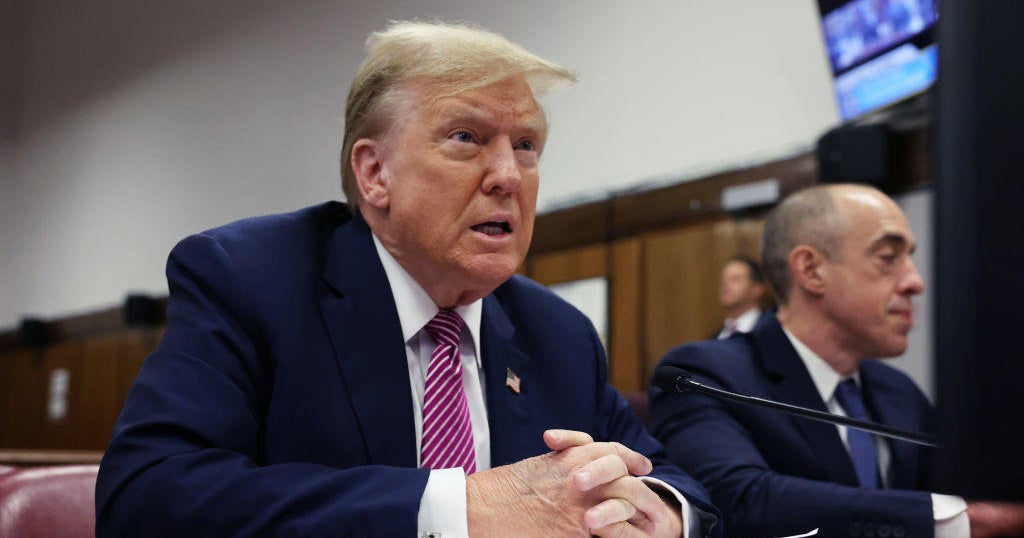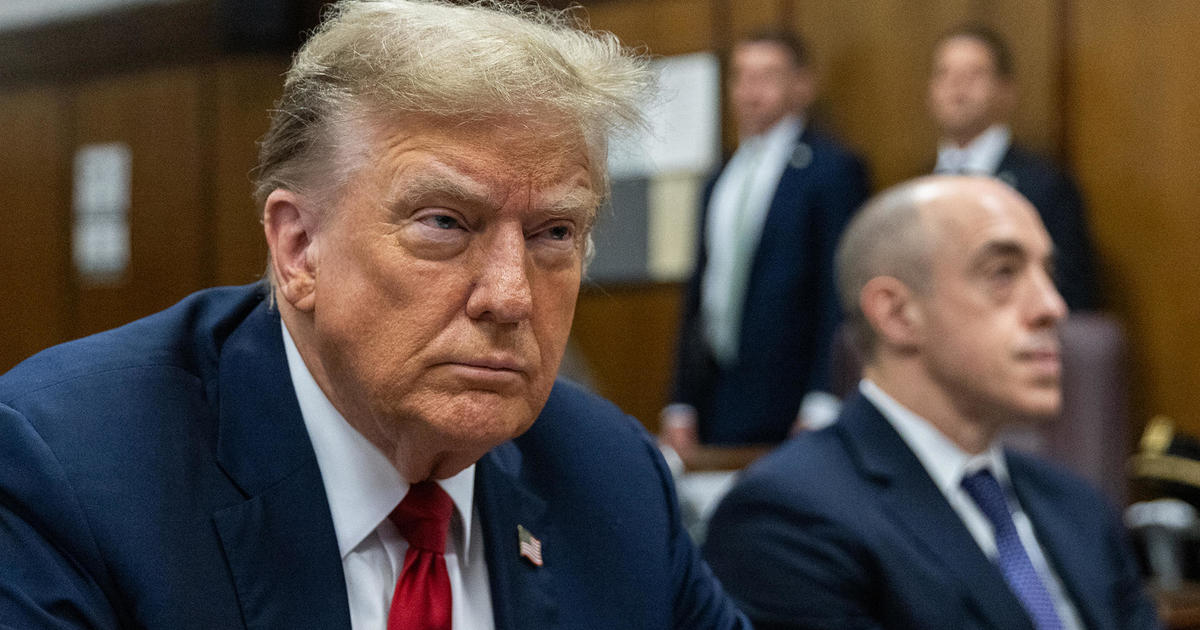Are mergers good or bad for the economy?
This year sure was a busy one for mergers and acquisitions. In October alone, nearly $490 billion of deals were announced, including AT&T’s (T) purchase of Time Warner (TWX) for $85.4 billion. While that massive telecom-media combination got plenty of headlines, most people pay little attention to mergers between firms, or the acquisition of one firm by another.
That’s a mistake. In 2015, mergers and acquisitions globally involved more than $4 trillion of assets, and new research suggests these deals have large, negative effects on consumers: Price increases of 15 percent to 50 percent with no corresponding increase in the quality of the goods being sold.
In theory, M&A can have either positive or negative effects on the economy. In the past, many economists justified M&A by arguing that the newly formed, larger firms will be more efficient. That is, they’ll be able to deliver goods of the same quality at lower prices than before or will offer new and better products to consumers.
But M&A also increases the size of firms, giving them a more dominant position in markets. This enhanced market power results in higher rather than lower prices for goods of the same quality as before. The question is: Which effect dominates, the desirable productivity effect or the undesirable market power effect?
In the past, the answer to this question has been less than clear due to the difficulty of distinguishing between these two opposing effects. However, a recent paper by Bruce Blonigen (a colleague at the University of Oregon) and Justin Pierce of the Board of Governors of the Federal Reserve System develops new empirical methodology that overcomes this problem.
Using detailed plant-level data from a wide variety of manufacturing industries along with new empirical techniques, they find that M&A “significantly increase markups on average, but have no statistically significant average effect on productivity. The magnitude of the markup … ranges from 15 percent to over 50 percent of the average markup in the sample.”
Thus, on average, the harmful market power effect appears to overwhelm the beneficial productivity effect. One implication of these results is that regulators should be more careful than they have been in the past in approving these transactions.
However, this doesn’t mean all M&A should be opposed. The results are averages across firms, and in some cases M&A will be beneficial. But the fact that their effect is significantly negative on average indicates that many deals that were approved in the past should have been opposed.
What regulators need is some way of determining the characteristics of firms and markets in which the beneficial effects are likely to dominate after a deal is completed. Unfortunately, due to the confidential nature of the data used in the study, Blonigen and Pierce weren’t able to provide much guidance on this issue. But what they do provide are the empirical techniques that can be used to provide this type of information to regulators.
But better information may not make much of a difference. In coming years, the most important factor determining the degree to which laws against excessive market power will be enforced is the people President-elect Donald Trump appoints to agencies such as the Federal Trade Commission and the Department of Justice. Given his promises to reduce regulation, it’s hard to be optimistic that the tendency in recent years toward larger firms with a dominant position in the marketplace will be reversed.
However, Mr. Trump has vowed to block the AT&T-Time Warner deal, a merger that could potentially result in higher prices for consumers. And he also indicated a desire to reduce Amazon’s (AMZN) market power. But both of these cases appear based on vendettas by Mr. Trump arising from coverage of his campaign by CNN (part of Time-Warner) and the Washington Post (owned by Jeff Bezos, who also founded and runs Amazon) rather than a reflection of his general policy stance.
Mr. Trump has made many promises, sometimes taking both sides of an issue depending on the audience. The real test isn’t what he says about enforcing antitrust law (or any other issue), it’s what he does once he becomes president.
If his appointments to date are any indication, regulation of business activity will be far from the top of the agenda, and more likely not on it at all. And that would be bad news for consumers -- and another reason for not ignoring corporate M&A.




